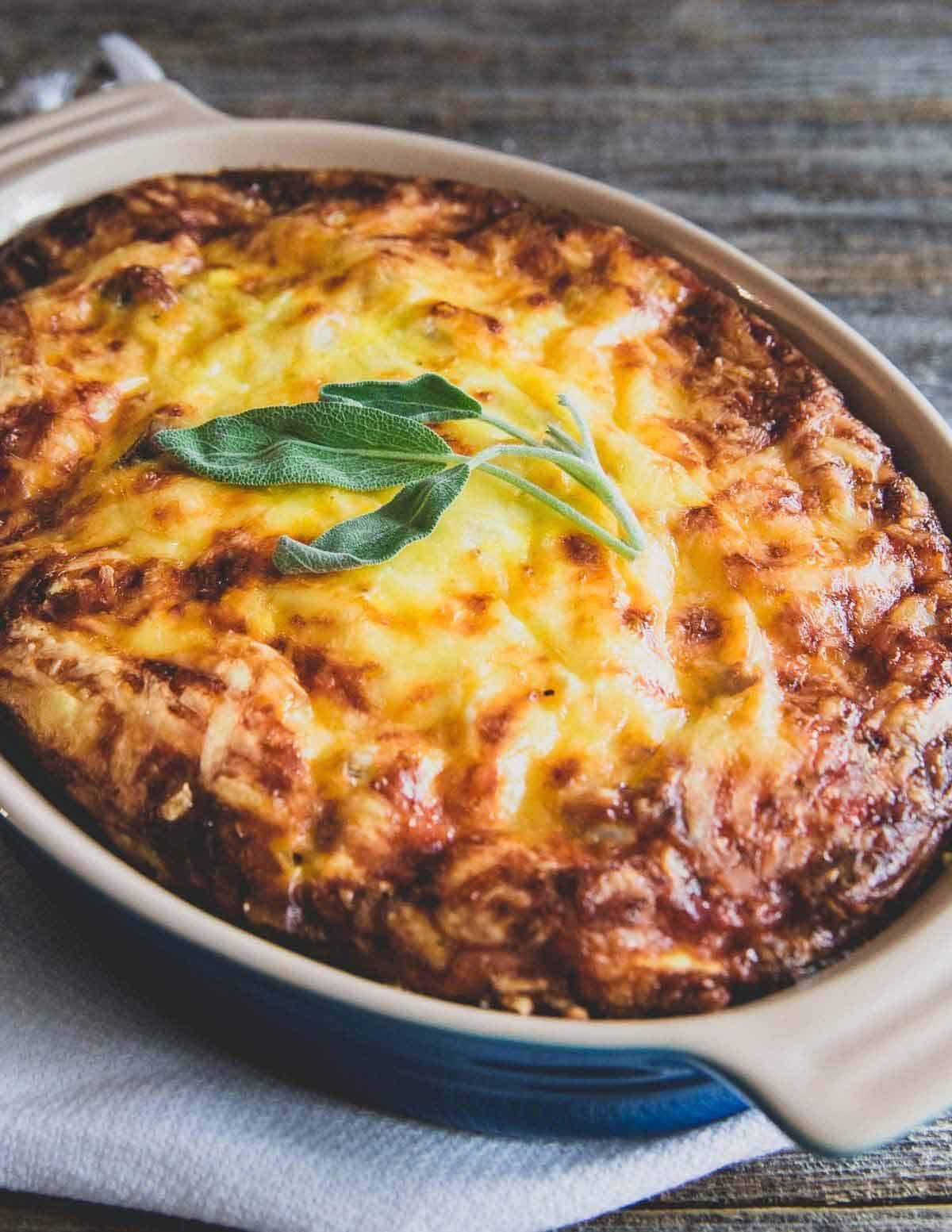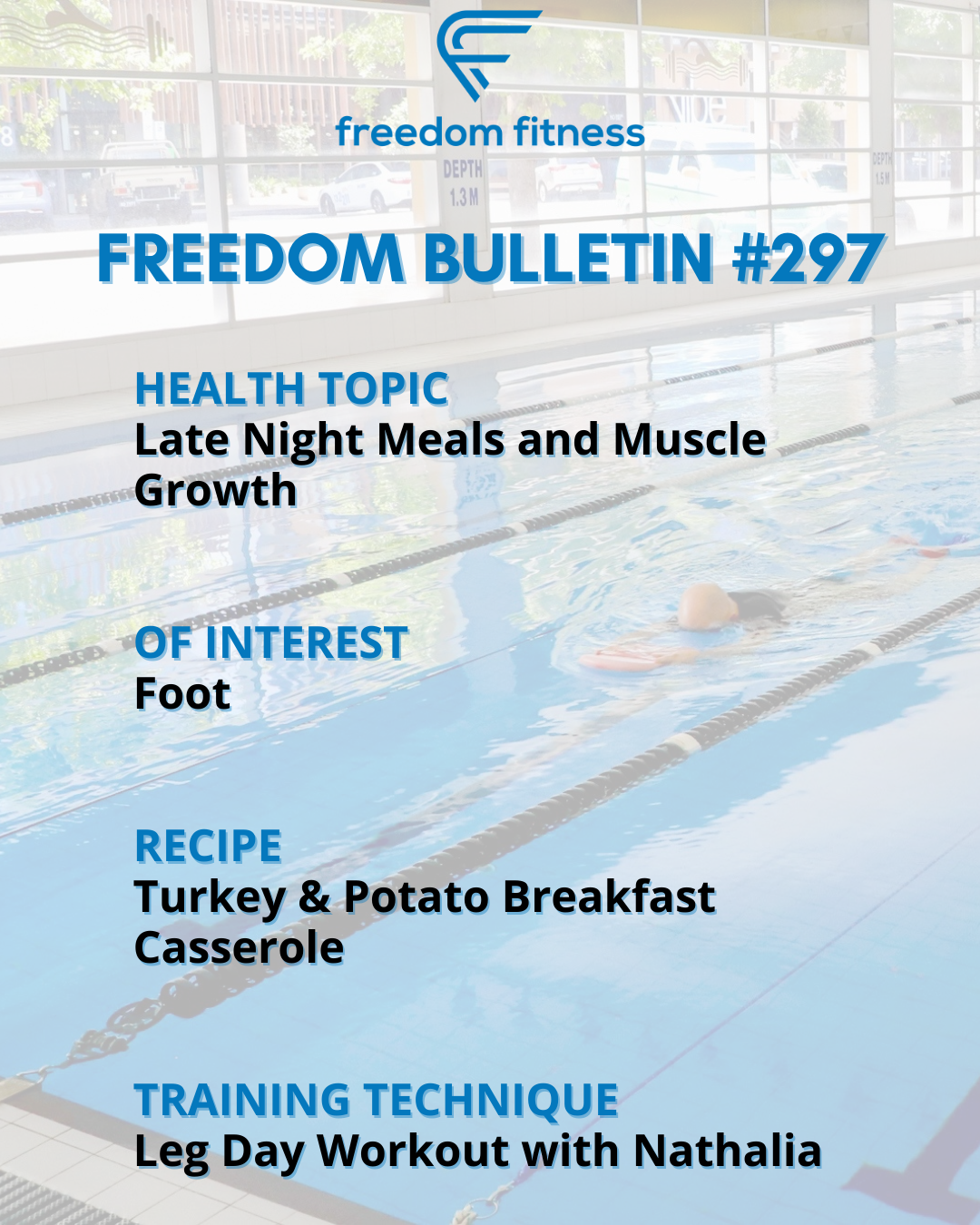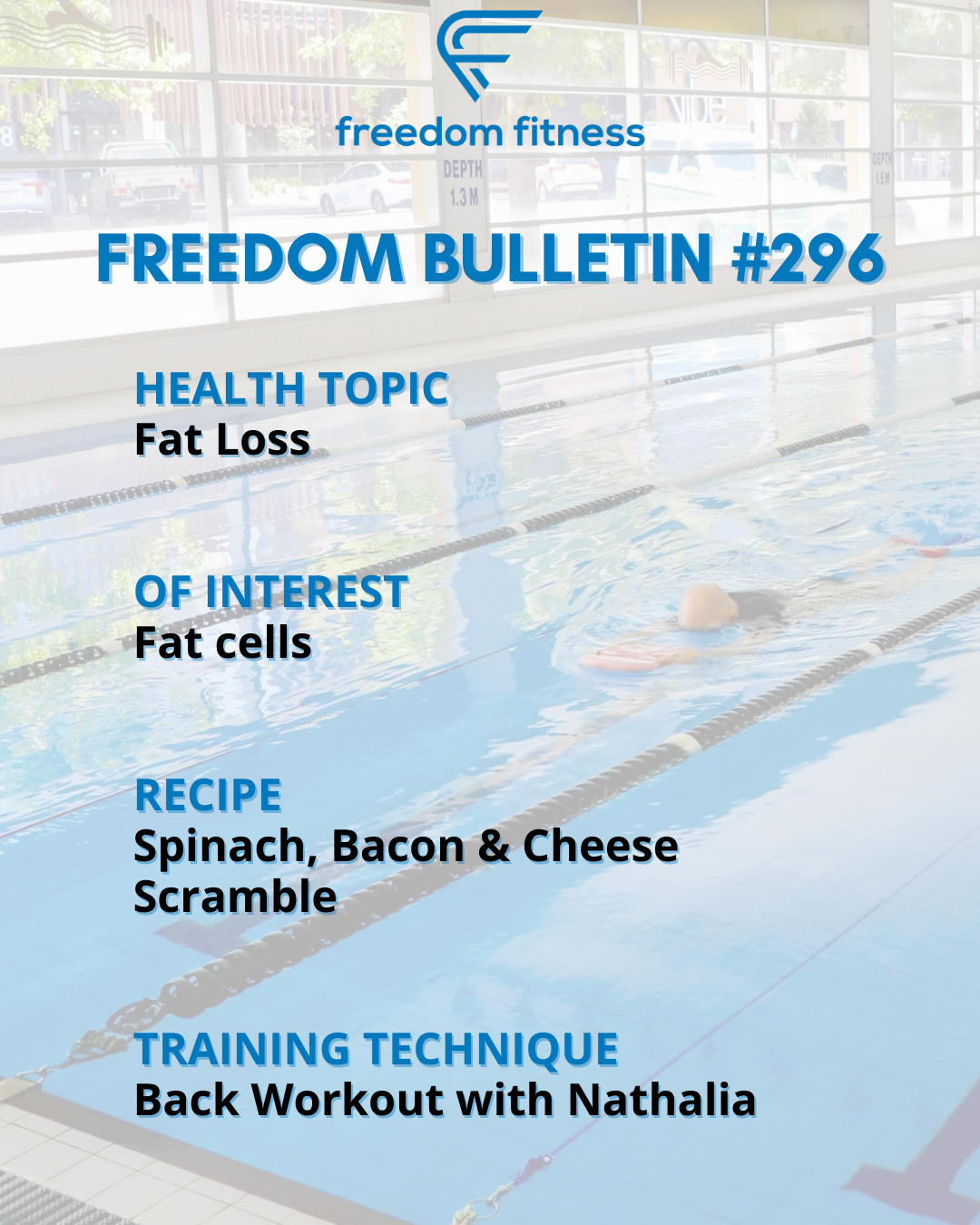August 3, 2020
Sleep

Turkey & Potato Breakfast Casserole 6 serving | 1 hora Ingredients 1 tbsp Extra Virgin Olive Oil (divided) 1 1/2 lbs Extra Lean Ground Turkey 1/4 tsp Sea Salt (divided) 2 Russet Potato (peeled, shredded, squeezed and drained of excess liquid) 1 1/2 cups Unsweetened Almond Milk 4 Egg 1/4 tsp Oregano 6 ozs Cheddar Cheese (shredded) Method Preheat the oven to 400oF (205oC). Use half the oil to grease a baking dish. Heat the remaining oil in a pan over medium-high heat. Add the turkey to the pan, breaking it up as it cooks. Drain any excess liquid, season with half of the salt, and transfer to the baking dish. Sprinkle the shredded potato evenly over the cooked turkey. In a bowl, whisk together the almond milk, eggs, oregano, and the remaining salt. Pour the mixture over all the ingredients in the baking dish. Sprinkle the cheese over top and bake for 40 to 45 minutes, or until golden brown and cooked through. Let it cool slightly before cutting into squares. Enjoy! Notes Leftovers: Refrigerate in an airtight container for up to three days. Serving Size: A 9- by 13-inch baking dish was used to make six servings. Dairy-Free: Use vegan cheese instead of cheddar cheese. Nut-Free: Use rice, coconut, or oat milk instead of almond milk. More Flavor: Add garlic when cooking the turkey. Additional Toppings: Serve with mixed greens or grilled vegetables. Nutrition Facts Amount per serving 349 calories 40gs protein 10gs carb 17gs fat


